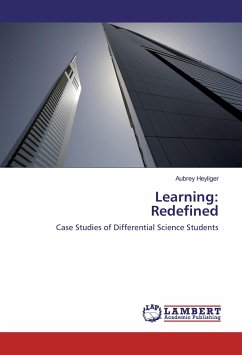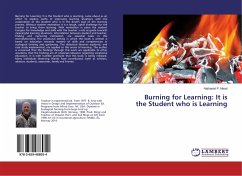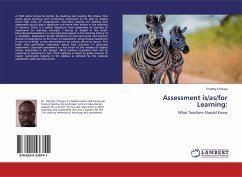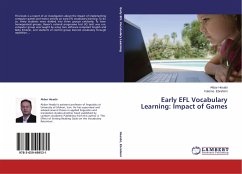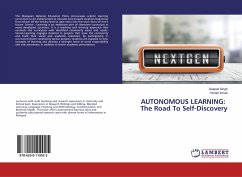The role of the parent as the first teacher cannot be overemphasized since the child first encounters his initial instruction from this source. If a child is immersed in the learning environment which facilitates the acquisition of critical thinking skills, transfer effects will take place quite easily. Since most science students tend to have a yearning for learning this translates into their quest for new knowledge and the ability to develop skills necessary to cope with the demands of this exciting environment. Support may be obtained from teachers, peers and most notably parents who have a pivotal role in providing resources and encouragement for the success of science students. This book seeks to examine factors that influence the differential academic performance of science students at both ends of the spectrum to determine those requirements for high performing students and identifying whether these are absent from the lives of those candidates who are seemingly showing less aptitude. The level of motivation of these students significantly impacts on their general academic performance.

